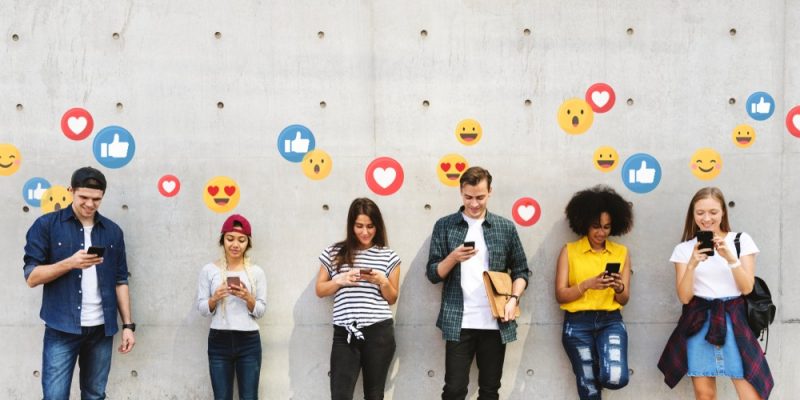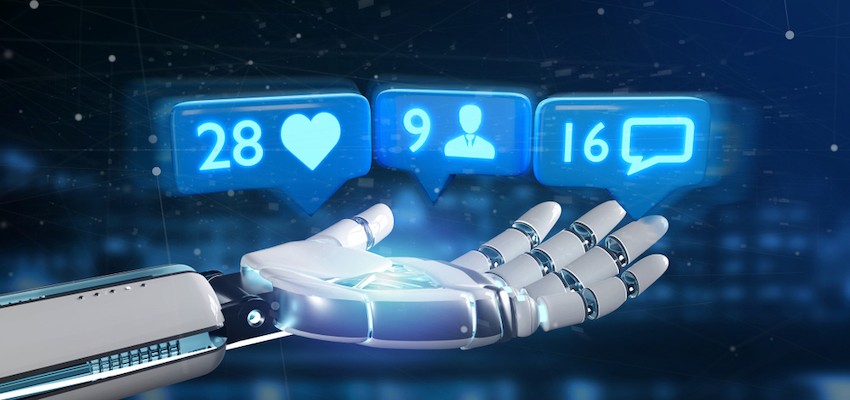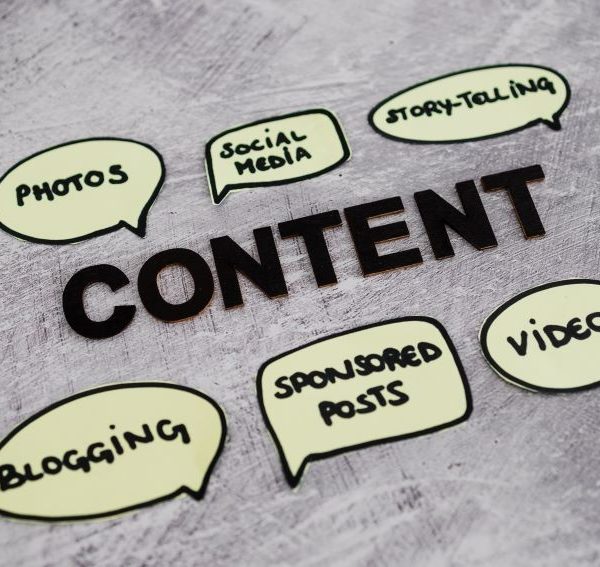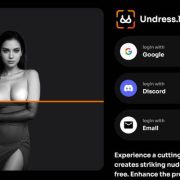
AI for Social Media: How is it used?
Social media has become an integral part of our lives. From connecting with friends and family to sharing our experiences, we rely on social media platforms such as Facebook, Instagram, and TikTok to stay connected. With the rise of social media marketing, businesses have also jumped on the bandwagon to leverage the reach and engagement of these platforms. But how are these businesses able to manage their social media presence effectively? The answer lies in the use of Artificial Intelligence (AI).
How is AI used in Social Media?
Artificial Intelligence has revolutionized the way social media platforms operate. From content creation to social listening, AI has played a significant role in optimizing and automating various tasks. Let’s take a closer look at how social media platforms such as Facebook, Instagram, and TikTok use AI:
Does Facebook use AI?
Yes, Facebook uses AI in various ways. Some of the notable uses of AI in Facebook include content moderation, image recognition, and facial recognition. Facebook also uses AI to personalize the News Feed by showing users content that they are likely to engage with.
Does Instagram use AI?
Instagram also uses AI in several ways. One of the most prominent uses of AI in Instagram is the Explore tab, which uses AI algorithms to recommend content to users based on their interests and engagement patterns. Instagram also uses AI to filter out spam comments and to suggest relevant hashtags for posts.
Does Tik Tok use AI?
TikTok uses AI extensively to personalize the content shown to users. The app’s algorithm analyzes users’ behavior, such as the type of videos they watch, engage with, and share, to recommend videos that they are likely to enjoy. TikTok also uses AI to create real-time effects and filters that enhance users’ video content.
Why Social Media Marketers use AI?

Social media marketers use AI to gain a competitive edge in the ever-evolving social media landscape. Here are two primary reasons why social media marketers use AI:
- Decrease Costs: Social media marketing can be a time-consuming and labor-intensive process. By automating tasks such as content creation and social listening, AI helps reduce costs associated with hiring additional staff to manage social media channels.
- Increase Revenue: AI helps social media marketers optimize their social media campaigns by targeting the right audience, creating personalized content, and delivering it at the right time. This, in turn, helps increase engagement rates, conversion rates, and ultimately, revenue.
How Social Media Marketers use AI?
Social media marketers use AI in various ways to optimize their social media campaigns. Here are some of the most popular ones:
Social Content Creation and Management
AI-powered tools such as chatbots and virtual assistants help automate the process of creating and managing social media content. These tools can generate text, images, and videos based on pre-defined templates or user inputs, saving marketers a significant amount of time.
Social Insights and Social Listening
AI-powered analytics tools help social media marketers gain valuable insights into their target audience’s behavior, interests, and preferences. Social listening tools help monitor brand mentions, sentiment, and competitor activity, enabling marketers to make data-driven decisions.
Social Advertising
AI-powered ad platforms such as Facebook Ads and Google Ads use machine learning algorithms to target the right audience with the right message. These platforms analyze users’ behavior and demographic data to show ads that are most likely to resonate with them.
How is AI Changing Social Media?

AI is changing social media by automating tasks that were once labor-intensive and time-consuming, such as content creation, management, and analysis. AI is also enabling social media platforms to deliver personalized content and experiences to users, making them more engaging and relevant. As AI continues to evolve, it will bring even more significant changes to the social media landscape.
Advantages of using AI in social media marketing
- Personalization: AI enables social media marketers to deliver personalized content and experiences to users based on their behavior, interests, and preferences.
- Automation: AI automates various tasks, such as content creation, social listening, and analytics, saving marketers time and effort.
- Optimization: AI helps social media marketers optimize their campaigns by targeting the right audience, creating personalized content, and delivering it at the right time.
- Cost reduction: By automating tasks and reducing the need for additional staff, AI helps reduce costs associated with social media marketing.
- Competitive advantage: By leveraging AI, social media marketers can gain a competitive edge by delivering more engaging and relevant content to users.
Disadvantages of using AI in social media marketing
- Lack of human touch: While AI can automate tasks, it cannot replace the human touch entirely. Social media users may prefer to interact with a human rather than a chatbot or virtual assistant.
- Algorithm bias: AI algorithms may be biased towards certain groups, leading to the exclusion of certain demographics or perpetuating stereotypes.
- Data privacy concerns: AI-powered social media tools may collect and use user data without their consent, leading to privacy concerns.
- Technical complexity: AI requires technical expertise to implement and manage, which may be a challenge for some social media marketers.
What Else to Read?
If you are interested in how AI is changing the marketing industry in general, how it can change the email marketing and what are the uses of AI in digital marketing, you are on the right place. Read our guides to learn more.
In Summary
Social media has become a critical channel for businesses to connect with their customers and promote their products and services. Social media marketing involves using social media platforms to promote and market products and services. AI has revolutionized social media marketing by enabling marketers to automate tasks, optimize campaigns, and deliver personalized content and experiences to users.


















